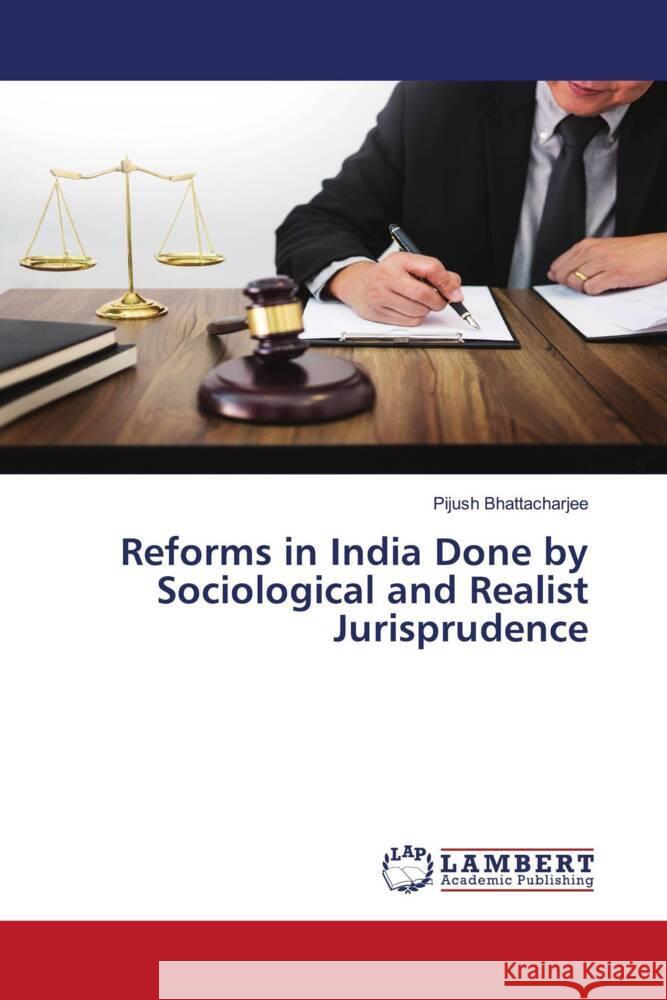Reforms in India Done by Sociological and Realist Jurisprudence » książka
Reforms in India Done by Sociological and Realist Jurisprudence
ISBN-13: 9786204977416 / Angielski / Miękka / 120 str.
Socio-economic reforms brought in India are based on sociological and realist schools of jurisprudence. The age bursting reform named 'Abolition of Sati' in India is advocated by Raja Ram Mohan Roy and implemented in 1829 by Lord William Bentinck declaring Sati to be illegal. Thereafter, Hindu Widows' Remarriage Act, 1856; Female Infanticide Prevention Act, 1870 and Age of Consent Act, 1891 are introduced to remove violence against women. Indian Penal Code, 1860; Indian Contract Act, 1872; and Criminal Procedure Code, 1973 are the landmarks in maintaining law. After independence in India, the Constitution of India is framed to solve the socio-economic problems. Presently many reforms in India have been implemented by the action of Judiciary and Legislature such as Passive Euthanasia permitted (2018), Adultery as non-punishable offence (2018), Homosex or Transgender Sex legalized (2018), Triple Talaq banned and punishable offence (2019), Article 370 and Article 35A of the Indian Constitution for Jammu and Kashmir revoked (2019), Prostitution (Sex Work) profession legalized (2022).In brief, the book glares light on Indian reforms scenery from pre-independence period to present time.











